Hematology
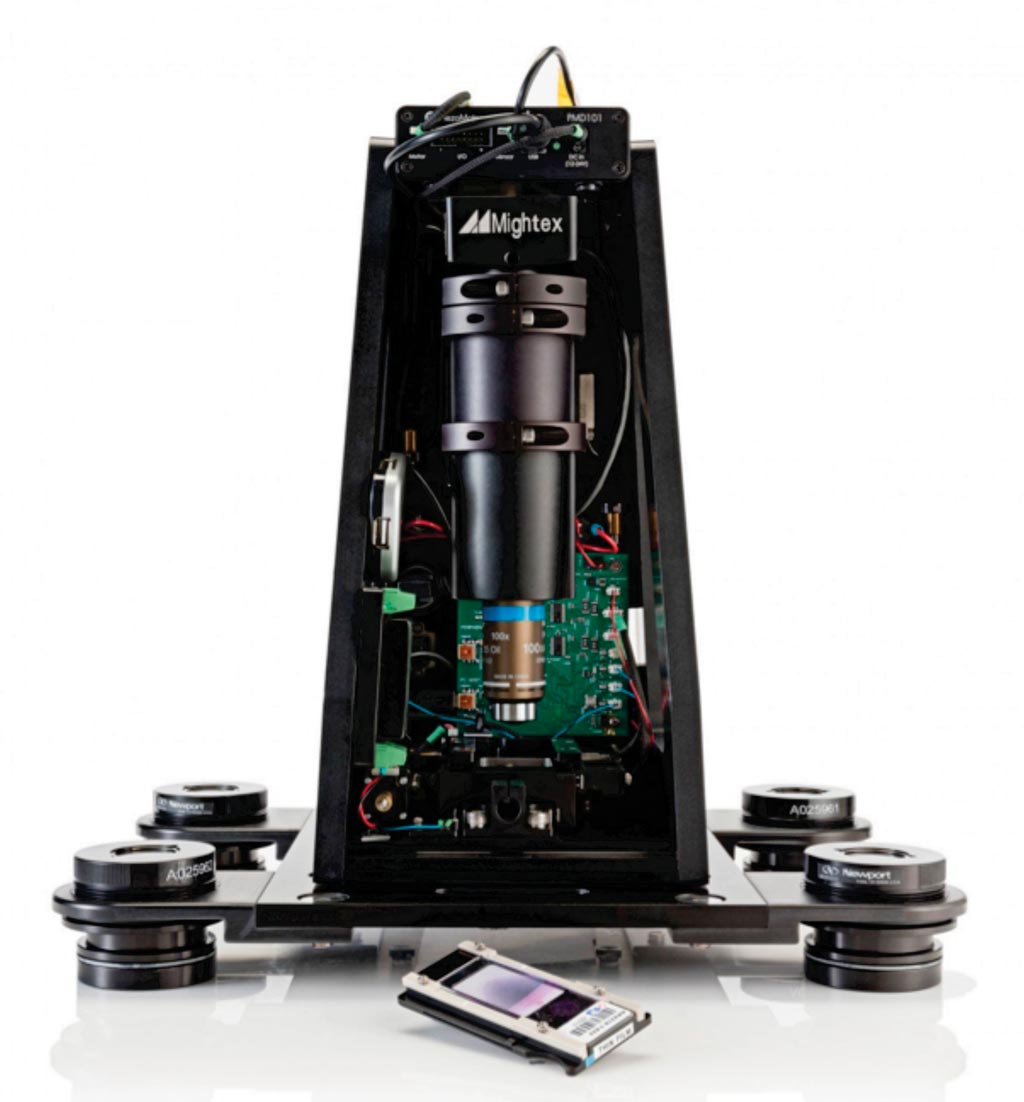
Automated Microscopy Compared for Routine Malaria Diagnosis
Microscopic examination of Giemsa-stained blood films remains a major form of diagnosis in malaria case management. However, as with other visualization-based diagnoses, accuracy depends on individual technician performance, making standardization difficult and reliability poor. More...10 Oct 2018
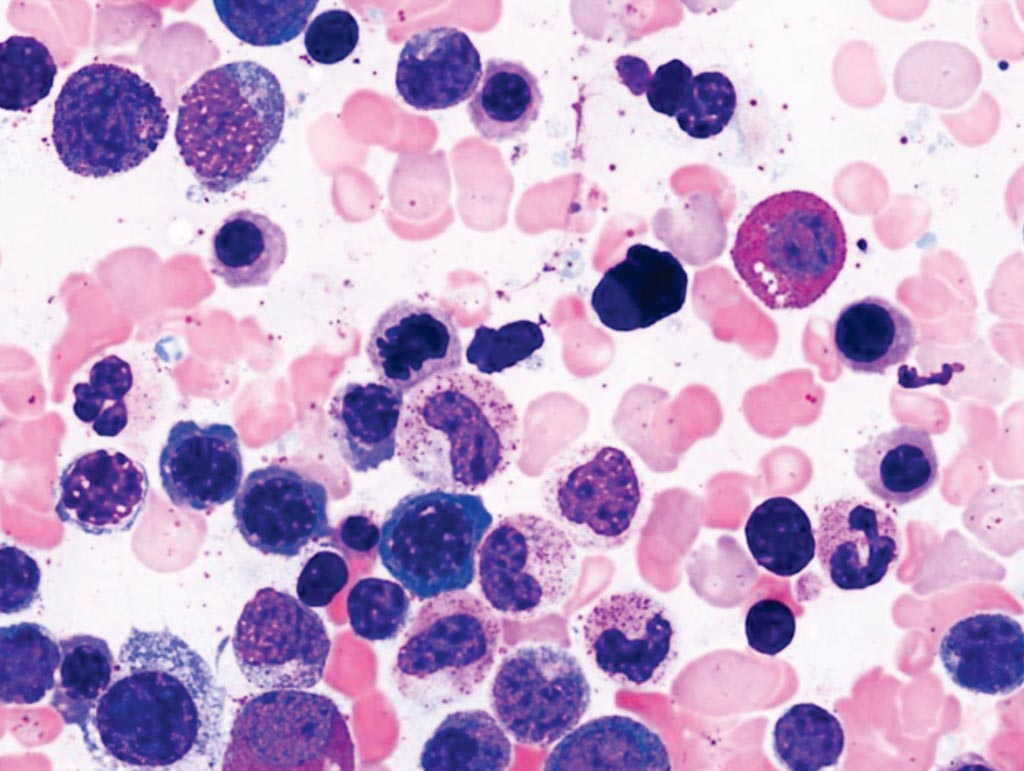
Disease Progression Apprised by Post-Treatment Mutation Sequencing
Allogeneic hematopoietic stem-cell transplantation is the only curative treatment for patients with myelodysplastic syndrome (MDS). The molecular predictors of disease progression after transplantation are unclear. More...26 Sep 2018
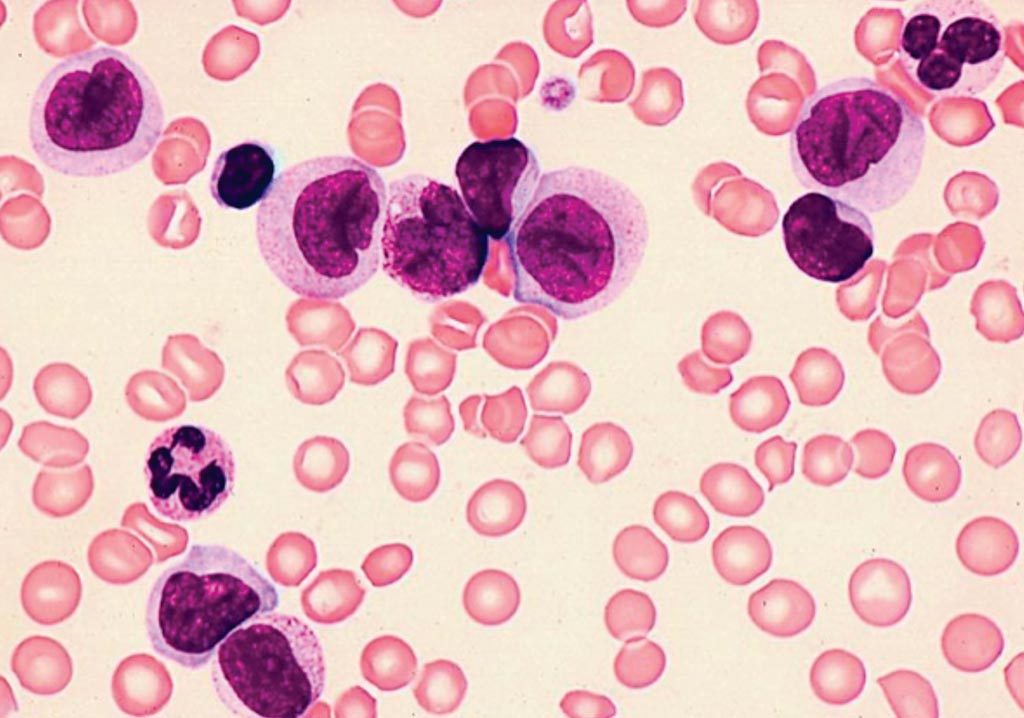
DNA Test Predicts Risk of Leukemia Relapse
Acute myeloid leukemia (AML) is the most common type of leukemia in adults, comprising about one quarter of all cases. The disease stems from an overproduction of immature blood cells in the bone marrow, which over time outgrow normal blood cells. It's a type of cancer, which starts suddenly and progresses quickly, requiring urgent treatment. More...25 Sep 2018
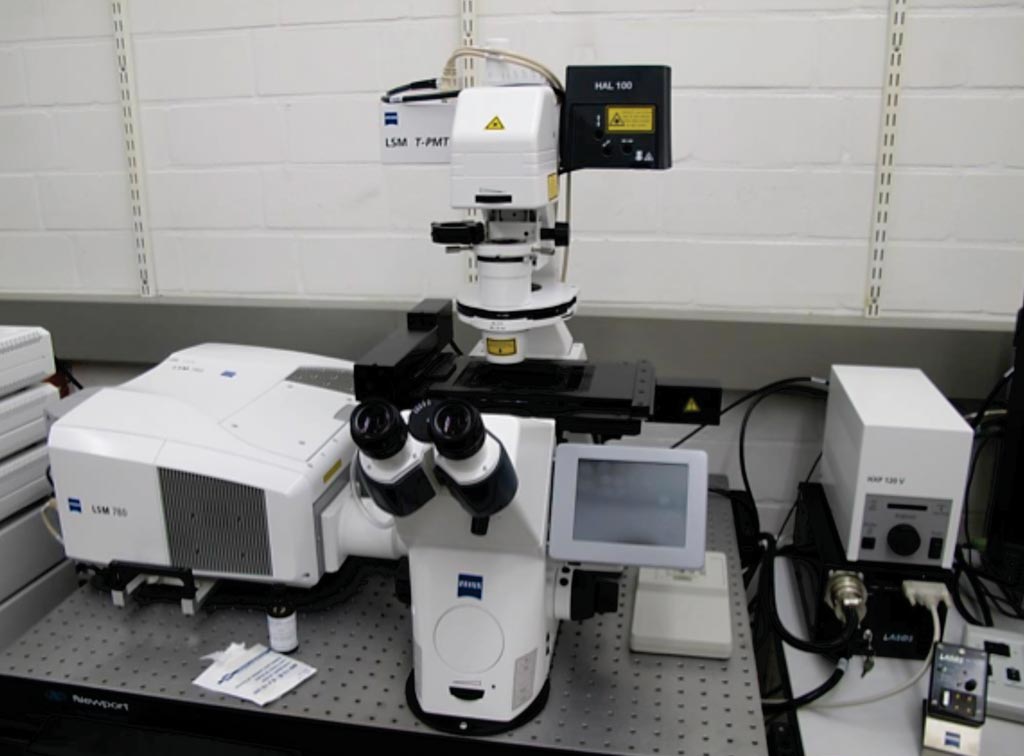
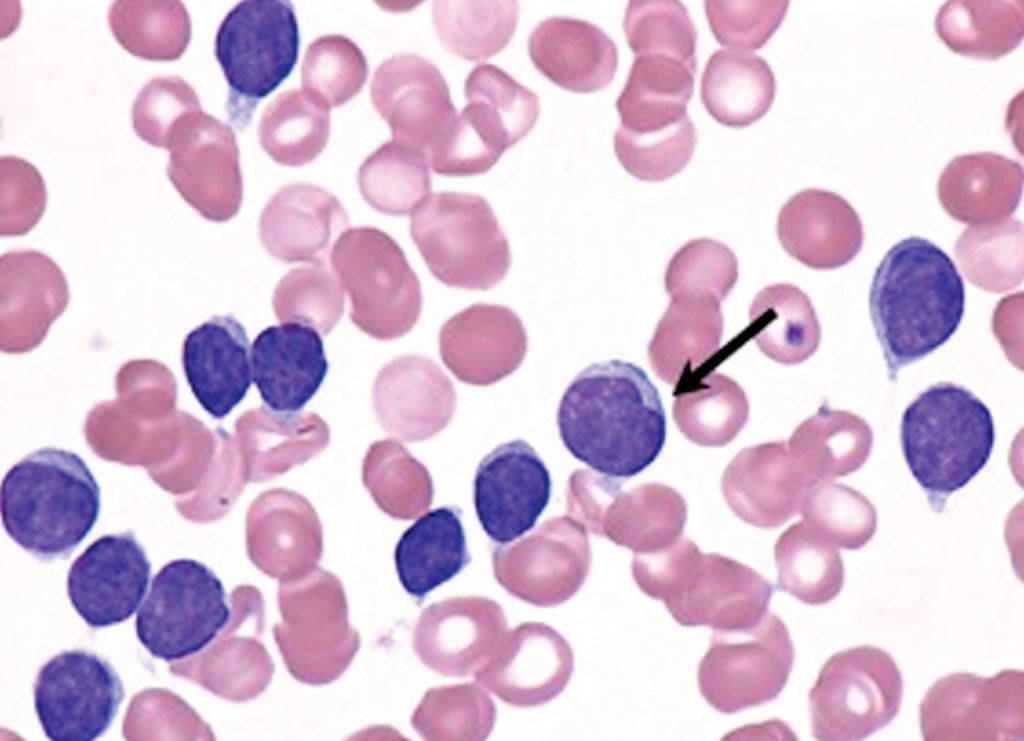
New mRNA Cancer Drivers Revealed in Chronic Lymphocytic Leukemia
New evidence has emerged showing that the inactivation or alteration of cancer suppressor genes can take place even if DNA itself remains unaltered. A known molecular mechanism for cancer development and spread is the inactivation of tumor suppressor genes, which encode various tools the body uses to keep its cells from turning cancerous. More...11 Sep 2018
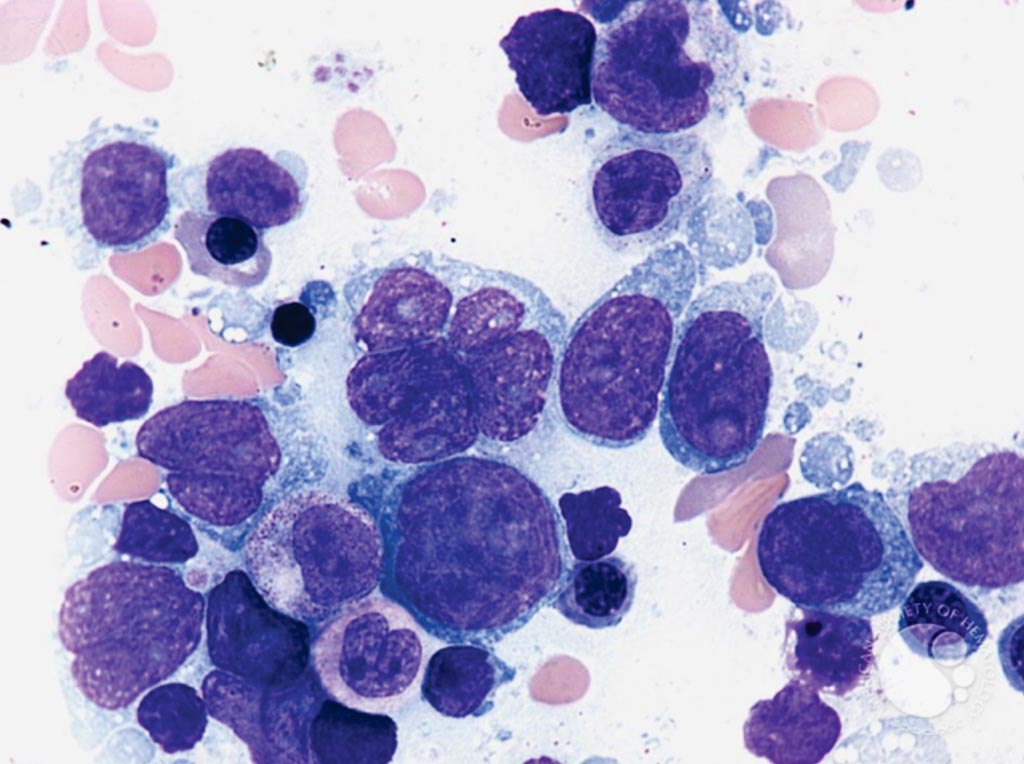
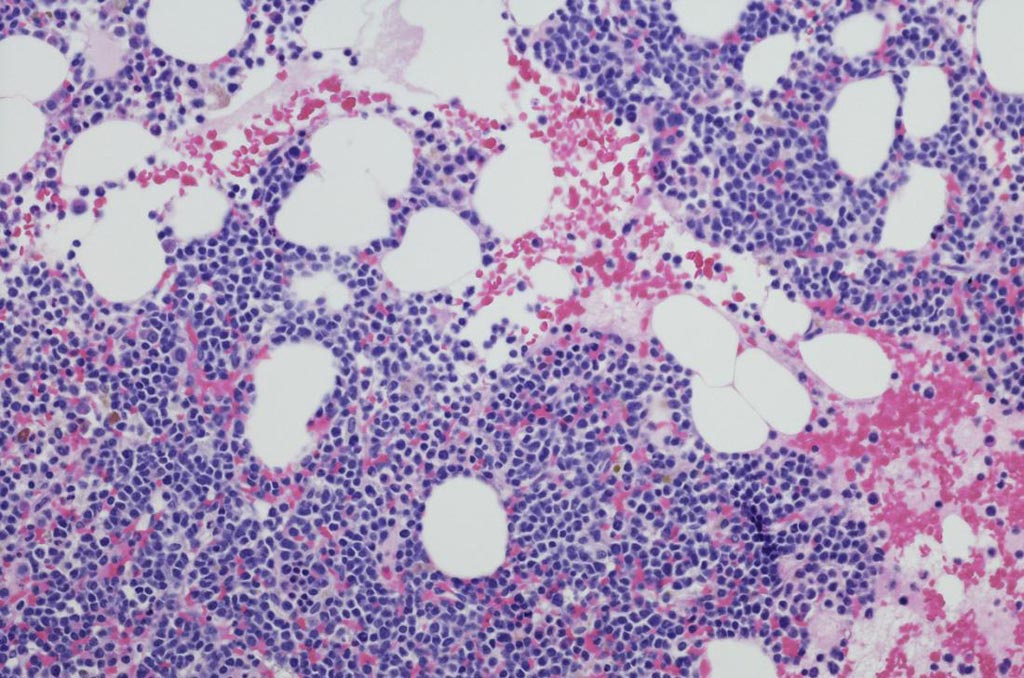
Multi-Omics Approach Guides Relapsed Multiple Myeloma Treatment
Many patients with relapsed multiple myeloma are not often matched with correct treatment options in a timely or personalized manner, and most patients have a median survival rate of six years. With standard diagnosis and treatment, relapses are usually inevitable and fatal for most patients. More...30 Aug 2018
In Other News
Coagulation Tests Affected by Sodium Citrate Concentration
Mutations Identified As Cause for Rare Bone Marrow Disorder
Homogeneous BTK Occupancy Assay Developed
Acute Myeloid Leukemia Risk Predicted in Healthy Individuals
Hematological Parameters Predict Severity of Acute Pancreatitis
FDA Recommends Pooled Blood Testing of Zika Screening
Biochemical Changes in Stored Donor Units Analyzed
Two Viral Blood Screening Assays Get FDA Clearance
Variant CJD Diagnosed by Protein Misfolding Amplification
Testing Device Integrates Robotic Phlebotomy with Sample Processing
Novel Device Contributes to Positive Phlebotomy Experience
NIV Test Developed for Fetal Rhesus Factor
Sequencing Enables Precise Match for Blood Transfusions
Blood Type Linked to Severity of Diarrhea
Early Sepsis Indicator Alerts Emergency Department Clinicians
Molecular Tests Equivalent to Bone Marrow Analysis for MM
Chip-Based Blood Test Developed for Multiple Myeloma
Smartphone Microscopes Transformed into Lab Devices
Flow Cytometry Technique Assessed for Signaling Pathways
Chronic Fatigue Syndrome Linked to Thyroid Levels
Unusual Blood Clots Characterized in Leprosy Patients
Flow Cytometry Detects Myelodysplasia in Peripheral Blood
Telomere Length Test Influences Treatment Decisions
The Hematology channel at LabMedica covers the all aspect of plasma, coagulation, transfusion medicine, and blood banking, as well as related lab tools and techniques.










